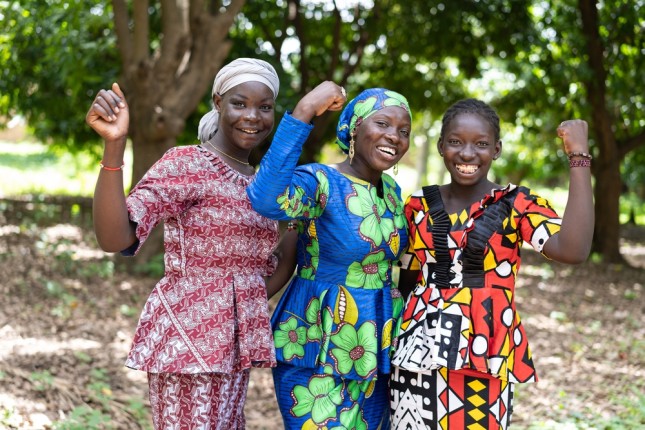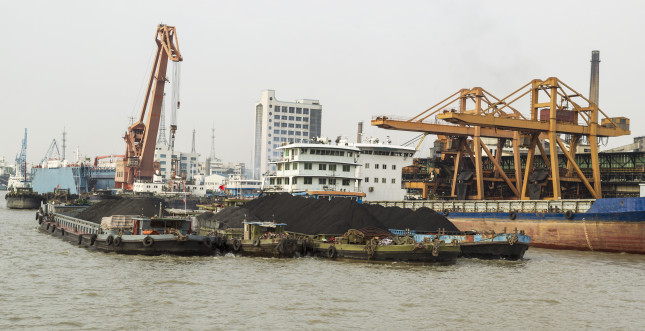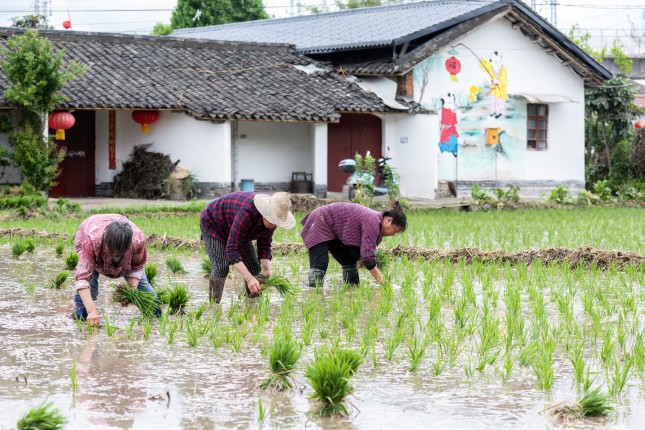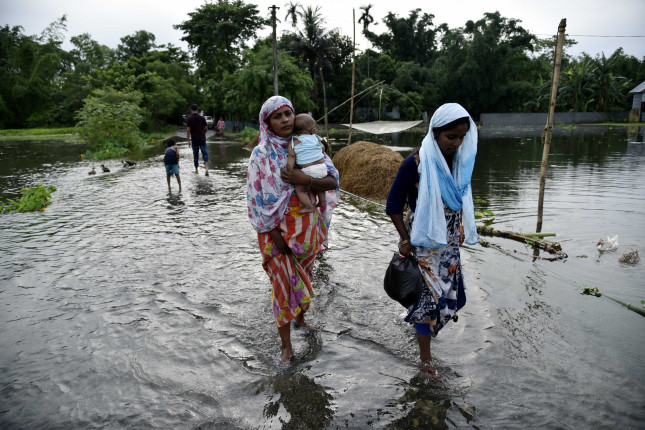-
ECSP Weekly Watch | October 30—November 3
› A window into what we are reading at the Wilson Center’s Environmental Change and Security Program
A window into what we are reading at the Wilson Center’s Environmental Change and Security ProgramPanama Canal’s Water Woes Threaten International Trade Flow
The Panama Canal has operated as a gateway between the Atlantic to the Pacific for more than a century, relying on water to raise and lower the ships that help fuel international trade. But a recent drought has disrupted the normal functioning of the Canal’s locks, cutting into Panama’s revenue and also causing problems for global supply chains.
-
Youth Led Social Accountability – Case Studies and Challenges
›
Young people should be able to hold public officials and service providers accountable for meeting their needs and rights. And this principle—known as youth social accountability—can also have a ripple effect on the health and wellbeing of young people themselves by enhancing the quality of health services and fostering more positive interactions with adolescents within health systems.
-
Circumventing the Chokepoint: Can the US Produce More Rare Earths?
›
Nowhere is China’s critical mineral dominance greater than in rare earth supply chains. In 2022, the US government estimated that China controlled “nearly 60 percent of mined production, over 85 percent of processing capacity, and over 90 percent of permanent magnet production.”
-
ECSP Weekly Watch | October 23 – 27
›
A window into what we are reading at the Wilson Center’s Environmental Change and Security Program
DRC Mining Project Displaces a Local Community
Kolwezi is the “cobalt capital of the world.” But residents of this city in the Democratic Republic of Congo are being compelled to relocate under questionable circumstances in order to make room for a new mine sponsored by the Chinese mining company COMMUS.
-
All You Can Eat: Unlocking Greenhouse Gas Mitigation Potential in China’s Agri-food System
›China Environment Forum // Cool Agriculture // Guest Contributor // October 26, 2023 // By Meian Chen & Diego MonteroChina’s power sector makes up the lion’s share of the country’s greenhouse gas emissions, but rising methane emissions from rice farming and livestock, nitrous oxide emissions from fertilizers, and CO2 from food transport could all hinder China’s progress toward its 2060 carbon neutrality goal. Chinese policymakers could rein in agri-food emissions by modifying existing climate plans and policies. Climate-smart agriculture is not only a mitigation strategy, but also an adaptation strategy to intensifying extreme weather events like heatwaves and typhoons. -
New Global Health & Gender Policy Brief: Climate Change and Maternal and Newborn Health Outcomes
›
The growing climate crisis presents one of the largest public health threats of the century. However, its countless impacts on maternal and newborn health outcomes (as well as health disparities worldwide) have only recently gained global attention.
-
The State of Play for Critical Mineral Policies: A Berlin Climate Security Conference Roundtable
›
The global transition to low-carbon energy is spurring new momentum to produce and secure the mineral inputs necessary for renewable technologies. Yet meeting demand may prove difficult. From electric cars to wind turbines, essential renewable energy technologies often require more minerals than fossil fuel-powered infrastructure. The International Energy Agency (IEA) projects that efforts to meet the goals of the Paris Agreement could lead to a fourfold increase in mineral demand by 2040.
-
ECSP Weekly Watch | October 16 – 20
› A window into what we are reading at the Wilson Center’s Environmental Change and Security Program
A window into what we are reading at the Wilson Center’s Environmental Change and Security ProgramWater Security Concerns in Gaza
Hamas’ surprise attack on Israel on October 7th led the Israeli government to cut off water supplies to the Gaza Strip with immediate effect. This has resulted in a clean water crisis that the UN warns is now a matter of life and death.
Showing posts from category *Main.









